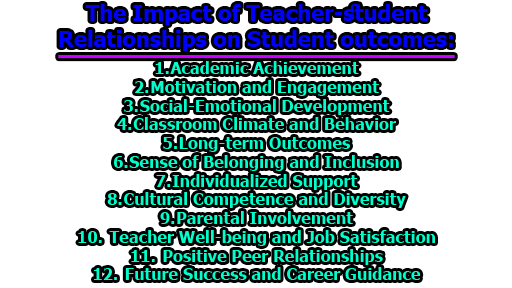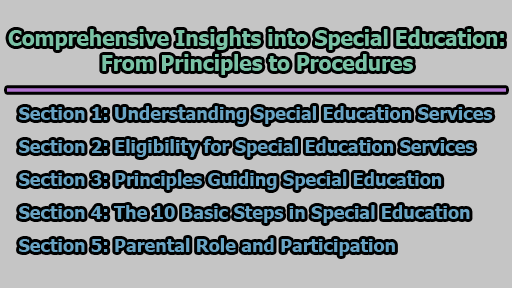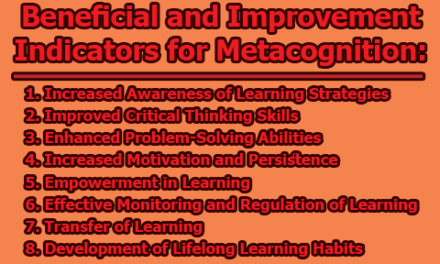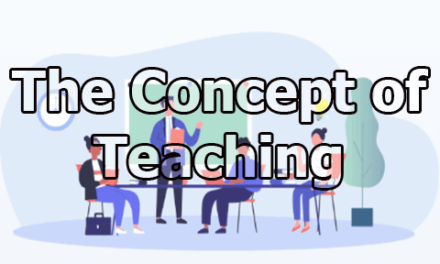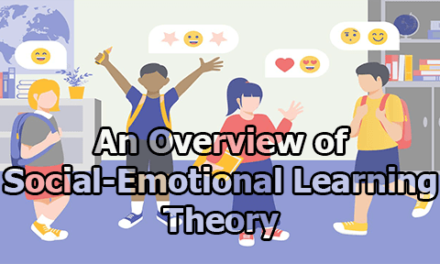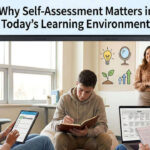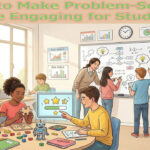The Impact of Teacher-student Relationships on Student Outcomes:
Teacher-student relationships play a crucial role in shaping students’ academic and socio-emotional outcomes. The quality of these relationships can significantly impact students’ motivation, engagement, achievement, and overall well-being. When teachers establish positive and supportive connections with their students, it creates an optimal learning environment that promotes growth and development. This article will discuss the various aspects of teacher-student relationships and their impact on student outcomes.
1. Academic Achievement: Positive teacher-student relationships have been consistently linked to higher academic achievement. When students feel valued, respected, and supported by their teachers, they are more likely to be motivated and engaged in the learning process. Teachers who establish strong relationships with their students create a safe and inclusive classroom climate, which encourages active participation, collaboration, and risk-taking. Students are more likely to seek assistance and guidance from teachers they trust, leading to improved academic performance.
2. Motivation and Engagement: Teacher-student relationships are closely associated with students’ motivation and engagement in the classroom. A positive relationship fosters a sense of belonging and connectedness, which motivates students to participate and invest effort in their learning. When students perceive that their teachers care about their progress and well-being, they develop a sense of intrinsic motivation and are more likely to set higher goals for themselves. Additionally, positive relationships with teachers contribute to students’ self-efficacy beliefs, as teachers provide encouragement, feedback, and support, leading to increased engagement and perseverance.
3. Social-Emotional Development: Teacher-student relationships have a significant impact on student’s social and emotional development. When teachers build positive relationships, they provide a nurturing and supportive environment that promotes emotional well-being. Students who feel emotionally safe and connected to their teachers are more likely to develop self-regulation skills, resilience, and a positive self-concept. Moreover, strong relationships with teachers can act as protective factors against various social and emotional difficulties such as anxiety, depression, and behavioral problems.
4. Classroom Climate and Behavior: The quality of teacher-student relationships influences the overall classroom climate and student behavior. A positive relationship creates a cooperative and respectful atmosphere where students feel comfortable expressing their opinions, taking risks, and engaging in meaningful discussions. Teachers who prioritize building relationships are more likely to establish clear behavior expectations, provide consistent discipline, and create a sense of community within the classroom. This leads to reduced disruptive behavior, improved classroom management, and a more conducive learning environment for all students.
5. Long-term Outcomes: The impact of teacher-student relationships extends beyond the immediate academic setting. Positive relationships in early grades can contribute to long-term positive outcomes. Research suggests that students who have experienced positive relationships with their teachers are more likely to develop positive attitudes toward school, have higher educational aspirations, and engage in lifelong learning. These students also tend to have better social skills, stronger relationships with peers and are less likely to engage in risky behaviors.
6. Sense of Belonging and Inclusion: Positive teacher-student relationships contribute to students’ sense of belonging and inclusion in the classroom. When teachers establish a welcoming and accepting environment, students feel valued and accepted for who they are. This sense of belonging fosters a positive identity and promotes a positive school experience, leading to increased attendance, reduced dropout rates, and a higher likelihood of students actively participating in school activities.
7. Individualized Support: Strong teacher-student relationships enable teachers to provide individualized support tailored to students’ specific needs. When teachers know their students well, they can identify their strengths, weaknesses, and learning styles. This knowledge helps teachers design personalized instruction, provide targeted feedback, and offer additional support when necessary. Individualized support enhances students’ learning experiences and helps them overcome challenges, leading to improved academic outcomes.
8. Cultural Competence and Diversity: Teacher-student relationships are especially crucial in culturally diverse classrooms. Culturally responsive teachers who build positive relationships with students from diverse backgrounds demonstrate understanding, respect, and appreciation for their students’ cultures and experiences. This creates an inclusive learning environment that values diversity, promotes cross-cultural understanding, and supports academic success for all students.
9. Parental Involvement: Positive teacher-student relationships can positively impact parental involvement in students’ education. When teachers establish open lines of communication and collaborate with parents, it strengthens the support system around the student. Parents who perceive that teachers genuinely care about their child’s well-being and academic progress are more likely to be engaged in their child’s education, leading to improved student outcomes.
10. Teacher Well-being and Job Satisfaction: Teacher-student relationships also have an impact on teachers themselves. Positive relationships with students contribute to teacher well-being and job satisfaction. When teachers establish connections with their students, it creates a sense of purpose, fulfillment, and professional growth. Teachers who feel supported and connected to their students are more likely to be motivated, enthusiastic, and committed to their profession, which in turn positively influences student outcomes.
11. Positive Peer Relationships: The quality of teacher-student relationships can influence peer relationships within the classroom. When students observe positive interactions between their teachers and peers, it sets a model for respectful and supportive relationships. This can foster a classroom culture where students treat one another with kindness, empathy, and cooperation, leading to improved peer relationships, reduced bullying, and enhanced social development.
12. Future Success and Career Guidance: Strong teacher-student relationships can also impact students’ future success and career guidance. Teachers who have meaningful connections with their students can provide guidance, mentorship, and support in navigating educational and career pathways. They can offer insights, recommendations, and opportunities that align with students’ interests and goals, helping them make informed decisions and pursue successful futures.
From the above discussion, we can say that positive teacher-student relationships have a wide-ranging impact on student outcomes, including a sense of belonging, individualized support, cultural competence, parental involvement, and positive peer relationships. These relationships also contribute to teacher well-being, and job satisfaction, and play a vital role in student’s future success and career guidance. Recognizing and fostering these relationships is crucial for creating a positive and inclusive learning environment that promotes holistic student development.
References:
- Hamre, B. K., & Pianta, R. C. (2001). Early teacher-child relationships and the trajectory of children’s school outcomes through eighth grade. Child development, 72(2), 625-638.
- Roorda, D. L., Koomen, H. M., Spilt, J. L., & Oort, F. J. (2011). The influence of affective teacher–student relationships on students’ school engagement and achievement: A meta-analytic approach. Review of Educational Research, 81(4), 493-529.
- Pianta, R. C., Hamre, B. K., & Allen, J. P. (2012). Teacher-student relationships and engagement: Conceptualizing, measuring, and improving the capacity of classroom interactions. In Handbook of research on student engagement (pp. 365-386). Springer.
- Rimm-Kaufman, S. E., & Sandilos, L. E. (2011). Improving students’ relationships with teachers to provide essential support for learning. American Psychologist, 66(4), 365-371.
- Birch, S. H., & Ladd, G. W. (1998). Children’s interpersonal behaviors and the teacher–child relationship. Developmental Psychology, 34(5), 934-946.
- Wentzel, K. R. (2009). Peers and academic functioning at school. In The Oxford Handbook of Education and Development (pp. 261-281). Oxford University Press.
- Roorda, D. L., Koomen, H. M., Spilt, J. L., & Thijs, J. T. (2011). Different strokes for different students: How student–teacher relationships affect academic and nonacademic outcomes. Child development, 82(1), 442-457.
- McCombs, B. L., & Miller, L. (2007). The journey to student engagement: From conceptualization to implementation. In Research on motivation in education: Vol. 3. Goals and cognitions (pp. 121-164). Information Age Publishing.
- Allen, J. P., Pianta, R. C., Gregory, A., Mikami, A. Y., & Lun, J. (2011). An interaction-based approach to enhancing secondary school instruction and student achievement. Science, 333(6045), 1034-1037.
- Reddy, R., Rhodes, J. E., & Mulhall, P. (2003). The influence of teacher support on student adjustment in the middle school years: A latent growth curve study. Development and Psychopathology, 15(1), 119-138.

Library Lecturer at Nurul Amin Degree College

